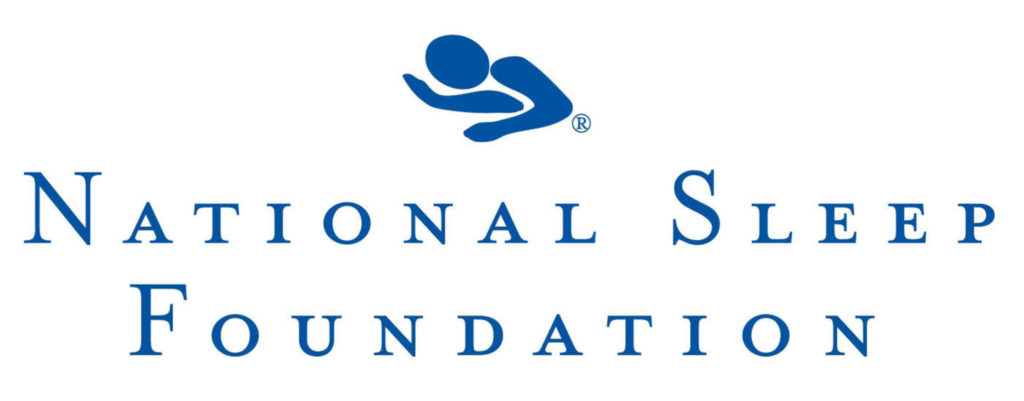
fciwomenswrestling.com femcompetitor.com, Pexels.com Bruce Mars photo credit
April 14, 2019,
The need to sleep is a function that occurs naturally so a mistake in thinking could be to view it as a discipline that needs very little manual massaging and while that might be true, some well-timed sleep management might be a good idea.
There is a group that would love to partner with us in that endeavor.
The information on sleep that they provide is invaluable.
The National Sleep Foundation (NSF) is a U.S. nonprofit organization that promotes public understanding of sleep and sleep disorders.
Their team engages in various activities to advance its purposes and goals, including the operation of several websites and the sponsorship of research. It is primarily funded and governed by the sleep-medication pharmaceutical industry.
We would like to learn more about them.

At their informative site sleepfoundation.org, wide awake, they explain, “The National Sleep Foundation is dedicated to improving health and well-being through sleep education and advocacy.”
We like that. That speaks to a vision and having important goals. Here are some of their goals:
As the global voice for sleep health, National Sleep Foundation’s priority goals are to ensure that:
- Sleep is used as a vital sign of health by medical professionals and the public;
- The biological sleep/wake process is common knowledge;
- Workplaces, schools, homes and transportation infrastructures are designed to be sleep-friendly;
- Sleep science is rapidly incorporated into products and services.
That is very intriguing. Homes that are sleep friendly makes a lot of sense. Schools that are sleep friendly, we get that too, especially when very young children are involved.
But the workplace as sleep friendly? We thought they were supposed to be work productive. Even competitive and adversarial.
We desire more information and we can think of no one better to ask than entrepreneur.com who explain, “Tech companies like HubSpot and Google promote private nap spaces and positive sleep break philosophies, as do a diverse range of businesses and organizations, including The Huffington Post, Ben & Jerry’s and Nike.” (Photo of private nap space)
The educational team at gobankingrates.com have been awakened to this tread too. They report, “Imagine employees with improved reaction time, increased logical reasoning and better moods.
The employees you are imagining are one and the same. Studies from sources like the Journal of Sleep Research and Nature Neuroscience have found that power naps pack measurable benefits for job performance. Companies ranging from international mega-corporations to scrappy startups are already reaping the rewards of providing naptime benefits.”
Interesting. The work place is clearly improving.
Some of our team worked in a call center and frequent computer breaks and taking naps can certainly create a healthier environment.
Old school thinking in some former corporate cultures encouraged water cooler bragging about who is the most sleep deprived after staying up late in an effort to surpass bonus goals by deadline.
In certain financial market driven industries that is probably still the case.
In a March 7, 2019 article found at Psychology Today they add, “In the largest study of its kind, scientists found that sleep-deprived people have a much harder time rebounding from distractions than people who are well rested.”
This is why sleep management is important and to be taken seriously.
As we traverse around the National Sleep Foundation’s website their research and presentations on the various aspects of having a healthy sleep regiment is fascinating. You really should take a look at their site.
Here they would like to share with you why disciplined sleepers reap far better rewards than those that don’t.

WASHINGTON, March 8, 2019 /PRNewswire/ — The National Sleep Foundation’s (NSF) annual Sleep in America® poll shows that disciplined sleepers can afford the occasional shift of at least one-hour in their sleep schedules without paying the price the following day. These individuals also scored an average of 6 to 11 points higher on the Foundation’s Sleep Health Index® than those with the most variable sleep timing, indicating notably better sleep health.
As compared to those with poor sleep health, U.S. adults with excellent sleep health are 28 to 31 percentage points less likely to say that a one-hour departure from their normal sleep schedules affects their next-day physical and emotional well-being, as well as their productivity (see exhibit A).
Good sleepers recognize the importance of keeping a regular sleep schedule throughout the entire week – including the weekend. “National Sleep Foundation’s poll findings suggest that maintaining consistent sleep timing provides additional resiliency against the negative effects of occasional sleep schedule departures,” said Richard Bogan, MD, Associate Clinical Professor at the Medical University of South Carolina.
The results of the Sleep in America poll highlight the importance of the NSF’s current Sleep Timing and Variability Consensus Panel. The Panel is expected to release sleep timing recommendations to the public in the fall. These Panel recommendations will pair with other age-group-specific recommendations made by NSF on sleep duration and sleep quality to keep the public informed about the importance of a good night’s sleep.
The 2019 Sleep in America poll shows a strong correlation between sleep schedule consistency and feeling well-rested the following morning. When contrasting the most disciplined sleepers to those with the most variable sleep schedules, those with the strictest schedules were nearly 1.5 times more likely to report feeling well-rested. In fact, those with excellent sleep health are nearly 3.5 times more likely to report feeling well-rested on a typical weekday than those with poor sleep health (75% vs. 22%, respectively; see exhibit B).
Setting specific bed times and wake times throughout the week is just as important as getting enough sleep. “Many of my patients are overcommitted between work, home, and trying to exercise, and find it difficult to take the necessary steps to prioritize sleep and maintain a consistent sleep-wake schedule,” commented Helene Emsellem, MD, Medical Director of the Center for Sleep and Wake Disorders and Chairman of NSF’s Board of Directors.
The National Sleep Foundation’s recent quarterly Sleep Health Index showed slight improvement in the nation’s sleep health, with the overall score reaching a new high of 77 out of 100. Results of the Index are promising, with upward trends reflecting improvement in knowledge of sleep and its associations with better health and wellness.
The National Sleep Foundation kicks off its annual Sleep Awareness Week Sunday, March 10, 2019, marking the final day of its Sleep Show® in Houston, Texas, and the start of daylight saving time. Results of this year’s Sleep in America poll are especially relevant given the one-hour time shift.
About the National Sleep Foundation
The National Sleep Foundation (NSF) is dedicated to improving health and well-being through sleep education and advocacy. Founded in 1990, the NSF is committed to advancing excellence in sleep health theory, research and practice. Sleepfoundation.org Sleep.org SleepHealthJournal.org
About the Sleep in America® Poll
The Sleep in America poll is the National Sleep Foundation’s premier annual review of specific sleep topics in America. The poll was first conducted in 1991 and was most recently produced by Langer Research Associates. The 2019 poll, administered alongside the Sleep Health Index, explored the importance of a consistent sleep schedule and effects on sleep health (doi:10.1016/j.sleh.2019.02.006).
About the Sleep Health Index®
The Sleep Health Index is a quarterly fielded, nationally representative survey of American adults; it tracks trends and chronicles our nation’s sleep health over time.
The full report of results was produced by Langer Research Associates. For more information on the methodology, go to the National Sleep Foundation’s website or refer to the Sleep Health Journal (doi:10.1016/j.sleh.2017.05.011).
SOURCE National Sleep Foundation
Related Links
http://www.sleepfoundation.org
~ ~ ~
https://en.wikipedia.org/wiki/National_Sleep_Foundation
https://www.sleepfoundation.org/
https://www.entrepreneur.com/article/237170
https://www.brainyquote.com/authors/walter_reisch
https://www.gobankingrates.com/making-money/jobs/companies-allow-napping-at-work/



